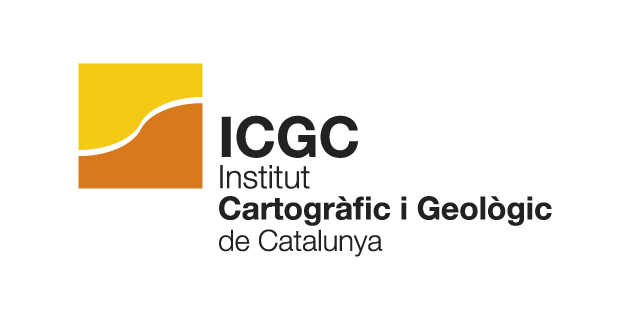Climate change is making the multifactorial issue of natural hazard management even more complex. All decision-making processes in connection with natural-spatial measures, but also all preventive strategies in the area of civil protection, must therefore deal with great uncertainties.
As part of the RECIPE project, the BFW will investigate tasks related to rockfall and landslide processes. The involvement of those responsible stakeholders for civil protection measures as early as the risk assessment of these natural hazard processes should make a significant contribution to better preparation for the occurrence of damage events and thus better coping with their effects in the event of a disaster.
For this purpose, the BFW will develop operational recommendations, guidelines and tools for the integration of assessments derived from natural hazard risk management into decision support systems (DSS) in the field of civil protection facilities.
Starting points for this are the identification of the main effects of climate change on risk management of rockfall and landslides and the analysis of existing Decision Support Systems (DSS) and platforms that are used in the risk management of civil protection institutions. This will make it possible to derive and define the requirements of civil protection institutions for preventive civil protection.
The guidelines developed for the integration of climate scenarios in Decision Support Systems of civil protection institutions are published on the RECIPE website together with all technical reports and summarized in a manual with guidelines for the purposes of civil protection.
Fallstudie: Entwicklung eines Sturmwurf-Krisenmanagementplan auf Landkreisebene in Baden-Württemberg, Deutschland
Stürme haben Auswirkungen, die über den Forstsektor hinausgehen. Sie können sich auch auf kritische Infrastruktur, Katastrophenschutz, Stromversorgung, Kommunikation- und Transportachsen auswirken. Gefallene Bäume beschädigen und blockieren Straßen, die durch Waldgebiete führen. Direkte und indirekte wirtschaftliche Schäden und negative Auswirkungen auf Menschen (Gesundheit, Leben, Existenzgrundlage) sind die Folge. Neben der unmittelbaren Gefahr, von einem umfallenden Baum getroffen zu werden, kann die Beseitigung sowie die Wiederherstellung der Verkehrssicherheit und der Befahrbarkeit von Straßen erheblichen Aufwand erfordern und Kapazitäten von Einsatzkräften binden, die dann an anderen Stellen fehlen.
Eine gut vorbereitete Koordination und Priorisierung von Tätigkeiten ist daher notwendig. Das Notfallmanagement profitiert in großem Maße von Planung und Übungen vor Eintritt des eigentlichen Ereignisses. Bisher existieren in Deutschland kaum Krisenmanagementpläne für sturmbedingte Auswirkungen entlang von Straßen auf Gemeinde- oder Kreisebene.
Ziel der Fallstudie ist die Entwicklung eines partizipativen Krisenmanagementplans für einen Landkreis. Dies soll die örtlichen Katastrophenschutzkapazitäten stärken sowie das generelle Risikobewusstsein bei Beamten, Behörden und Entscheidungstragende in Katastrophenschutzorganisationen substanziell erhöhen. Bei der Entwicklung werden alle Beteiligten in zwei Workshops zusammen gebracht, um das Sturmwurfrisiko entlang von Straßen zu analysieren und ein Konzept für den Umgang mit und ggf. Behandlungsmaßnahmen von den daraus resultierenden Gefahren zu entwickeln.
Der Plan wird in enger Zusammenarbeit mit dem Landratsamt und relevanten Abteilungen, Katastrophenschutzbehörden und Notdiensten, der Forstverwaltung, Waldbesitzenden, Förstern und Forstdienstleistern, sowie Verbänden, Nichtregierungsorganisationen und den Medien entwickelt werden.
Die Fallstudie wird den Prozess der Entwicklung eines Krisenmanagementplans für einen Beispiellandkreis im Bundesland Baden-Württemberg in Deutschland beschreiben. Gewonnene Erkenntnisse sollen geteilt und Leitlinien zur Entwicklung von ähnlichen Plänen in anderen Regionen erarbeitet werden.








